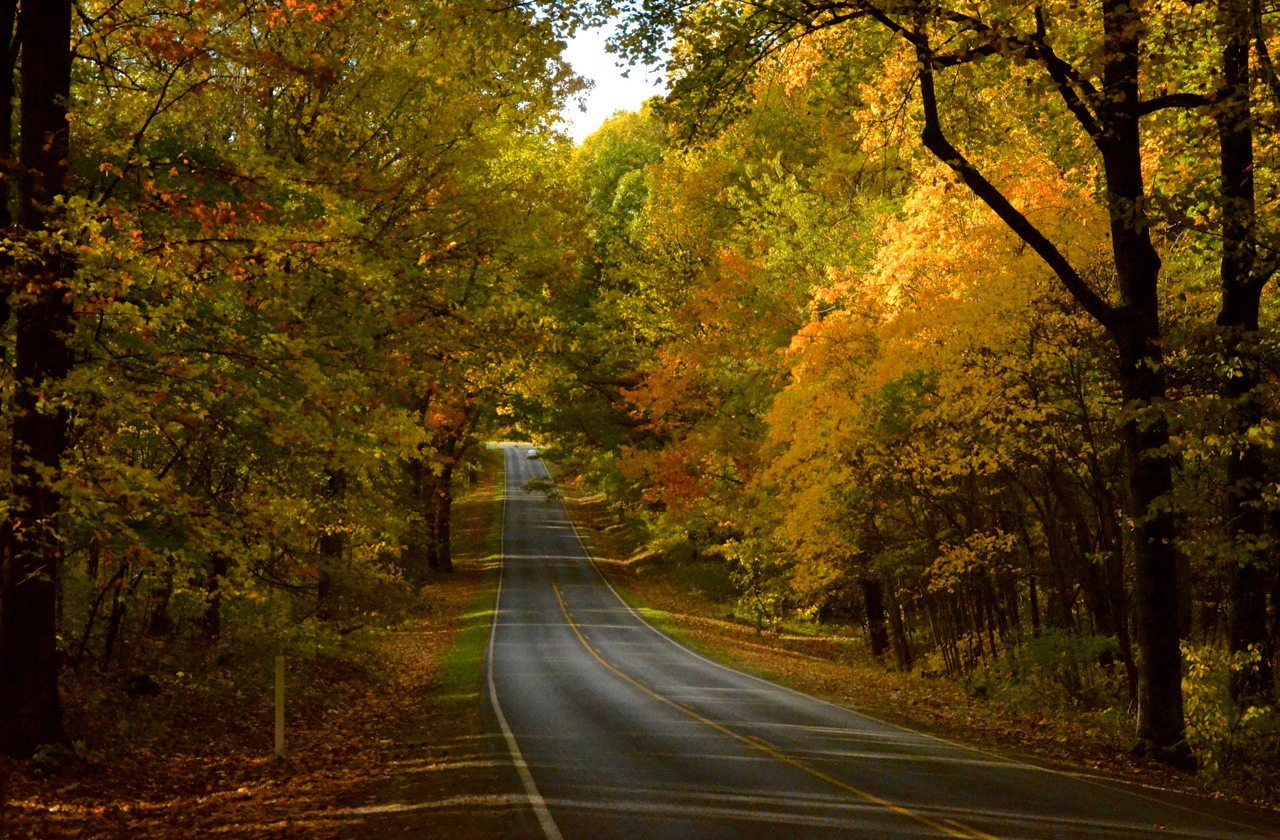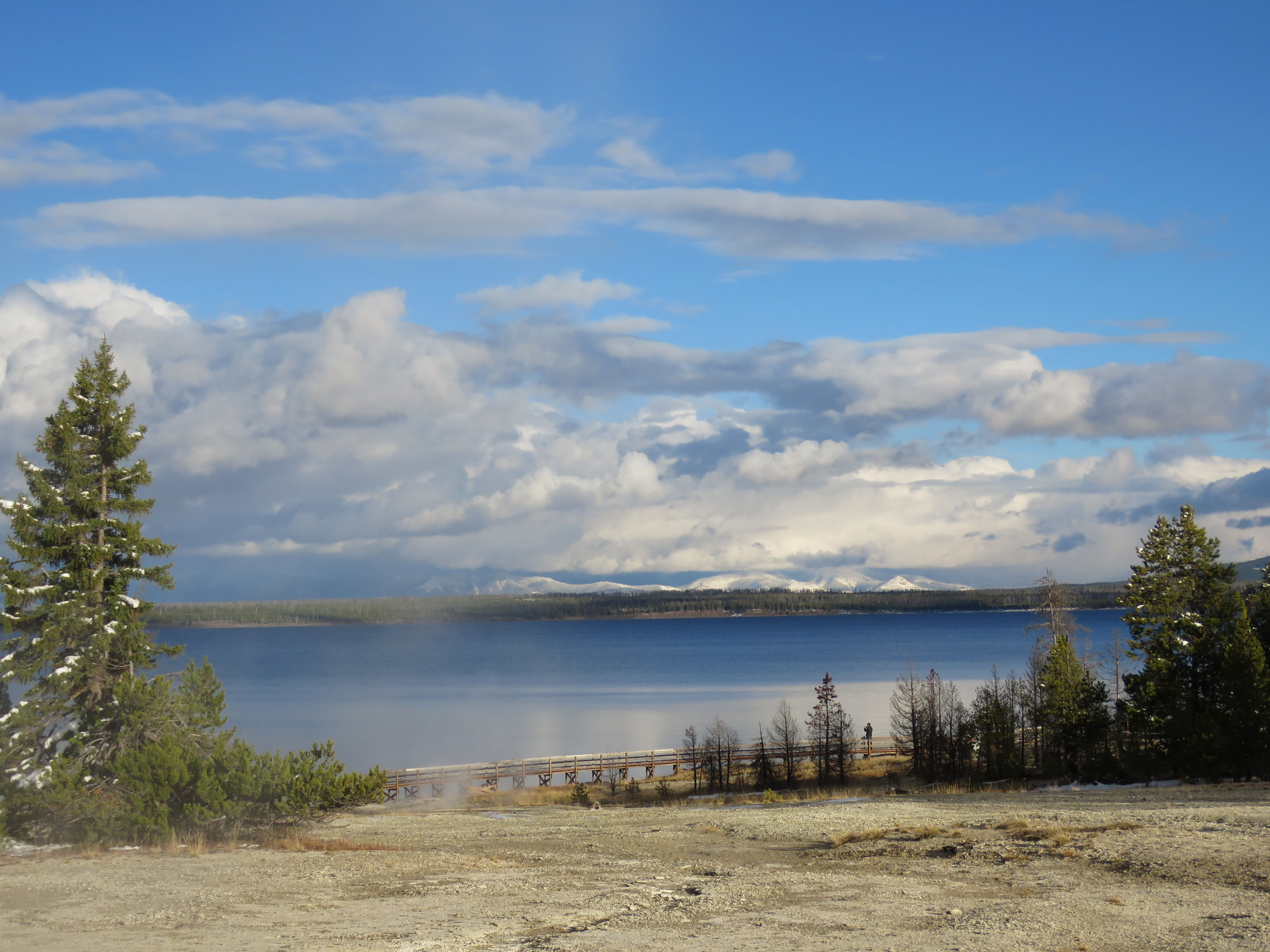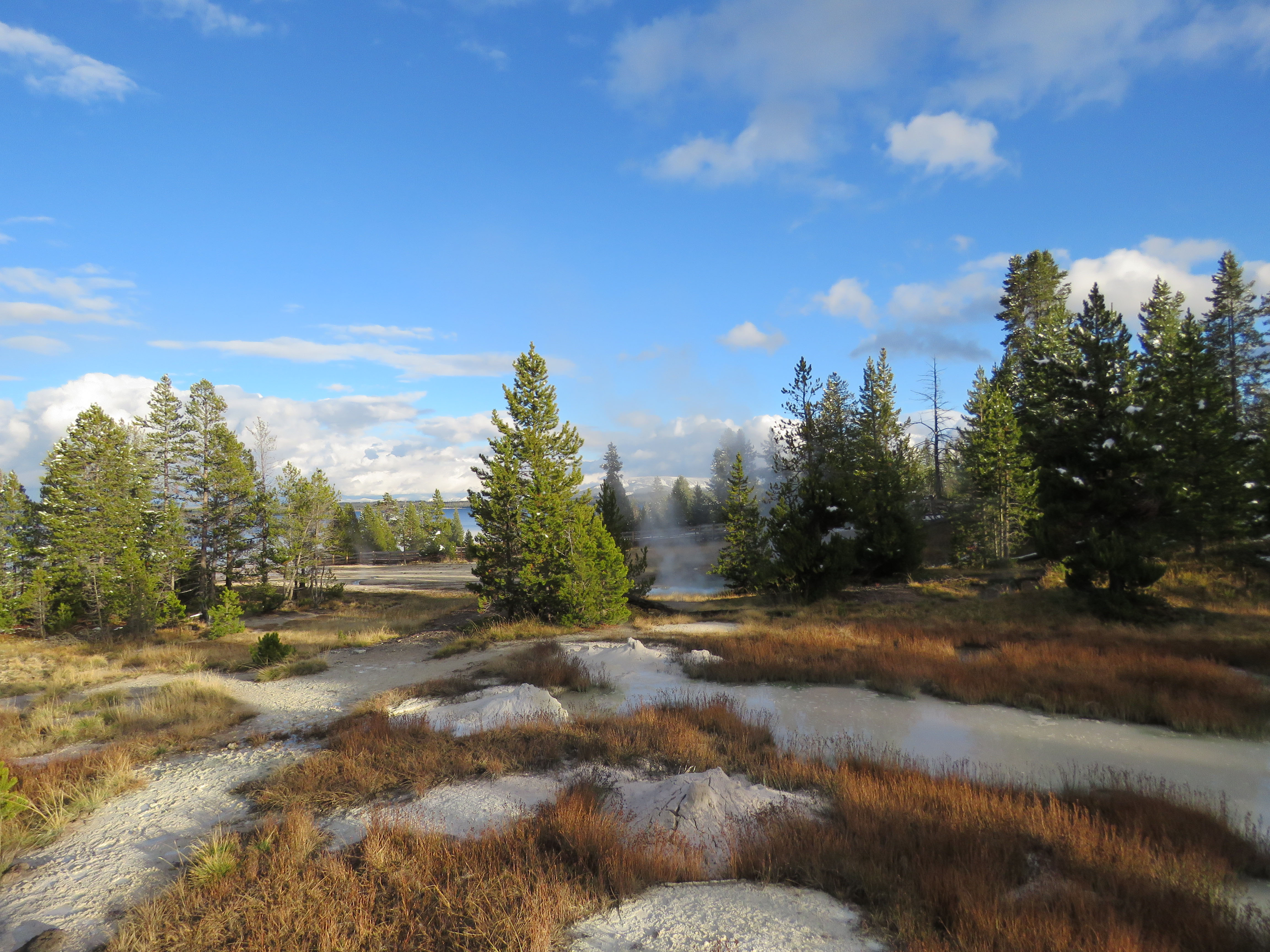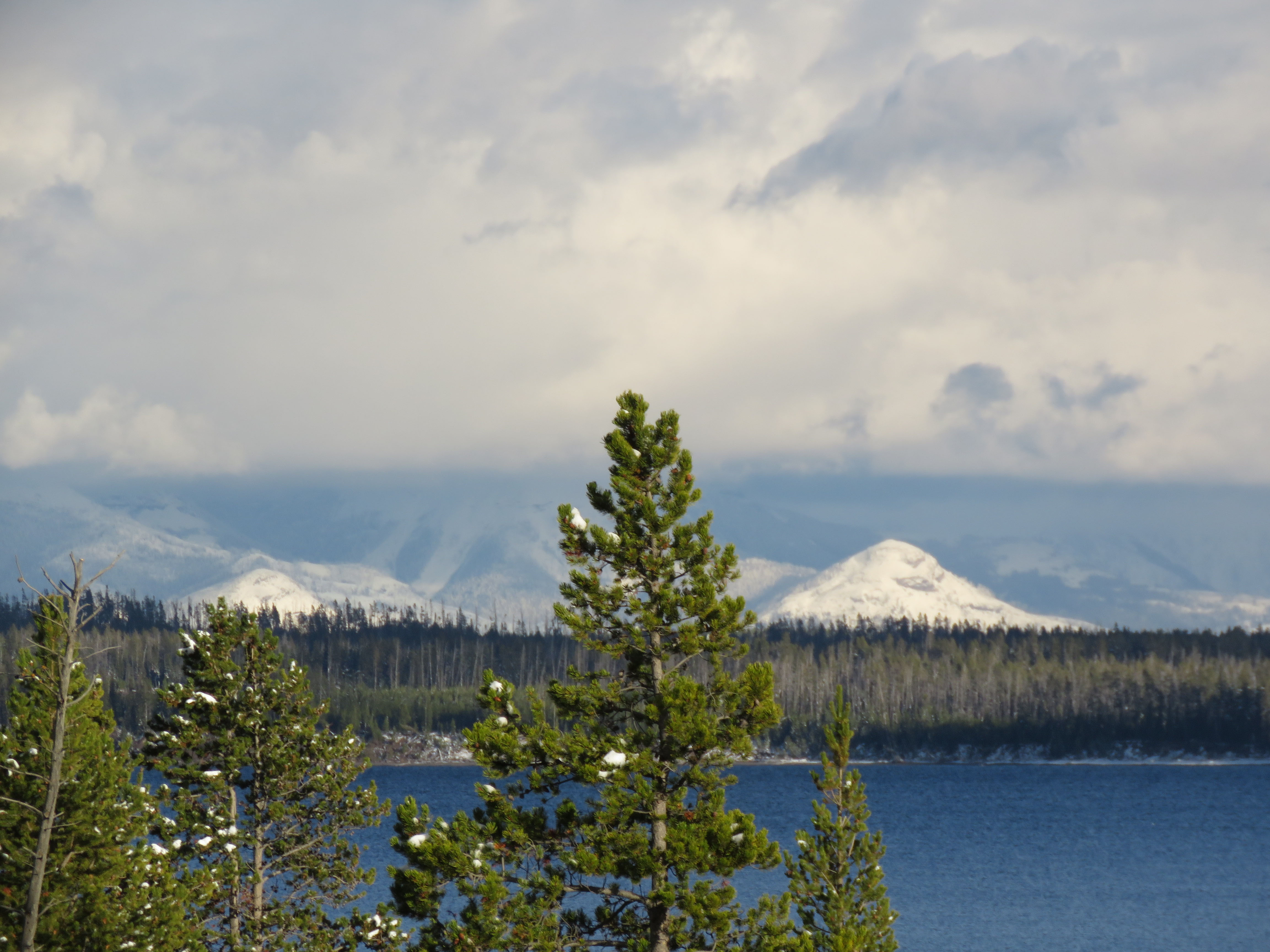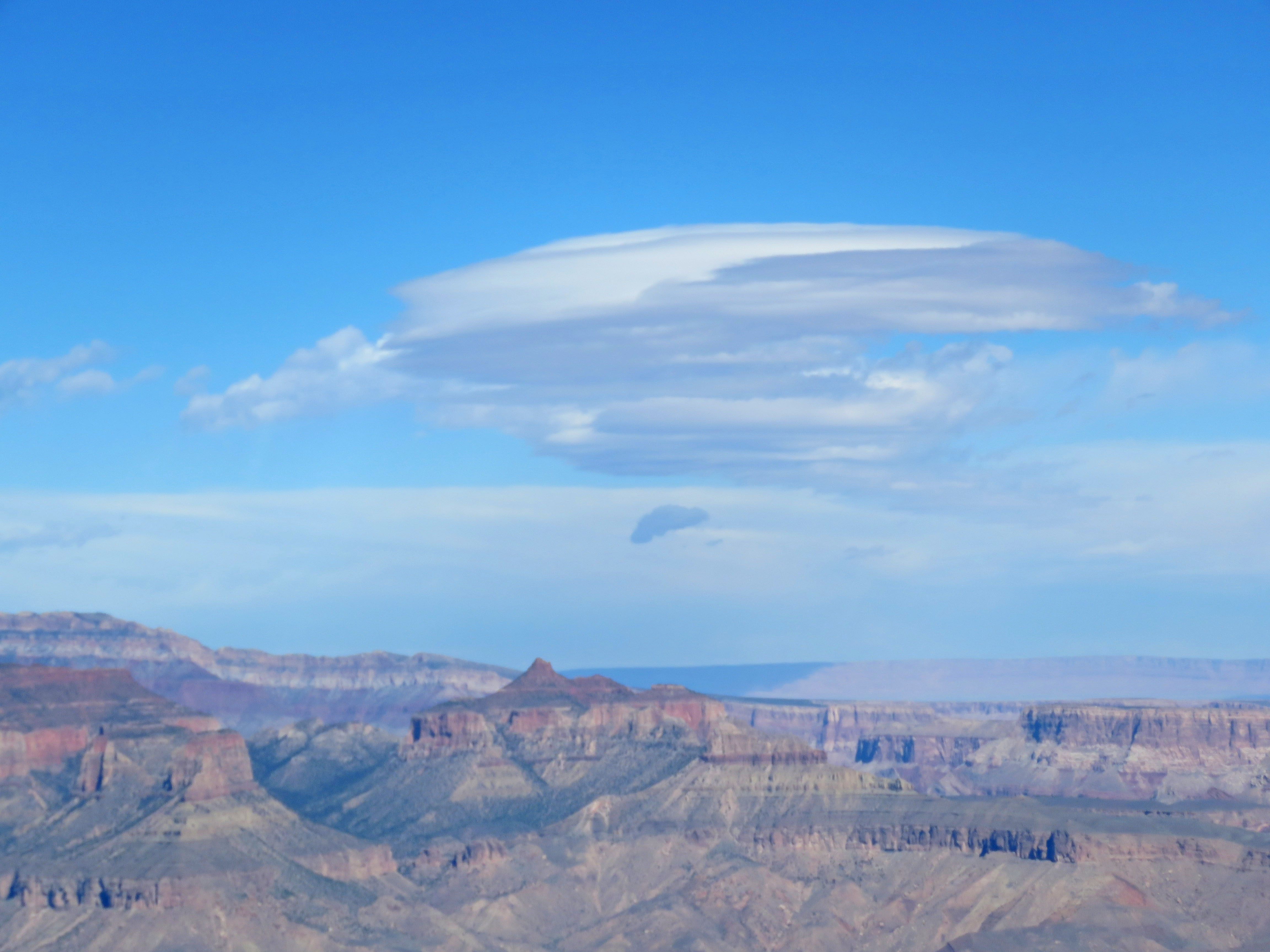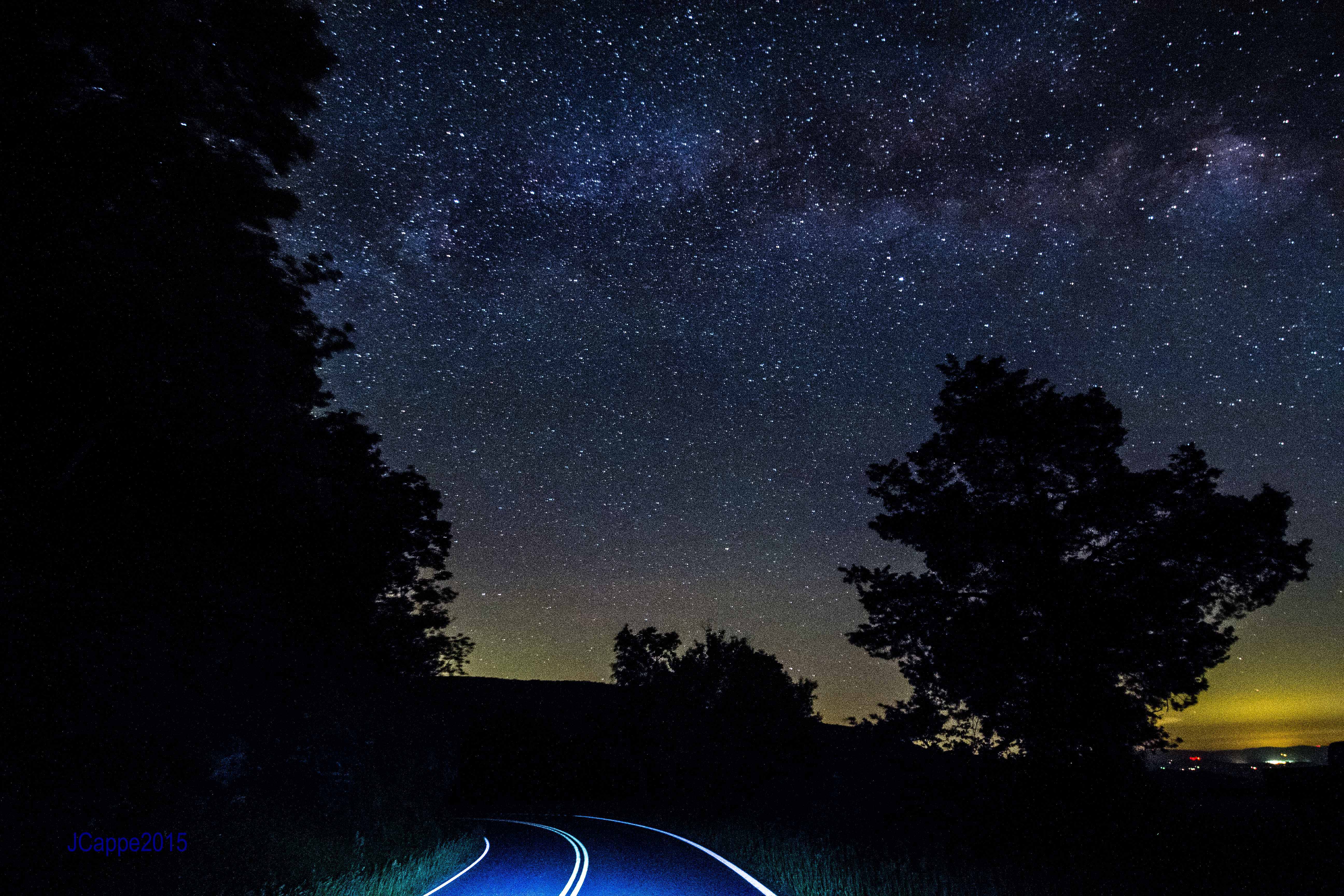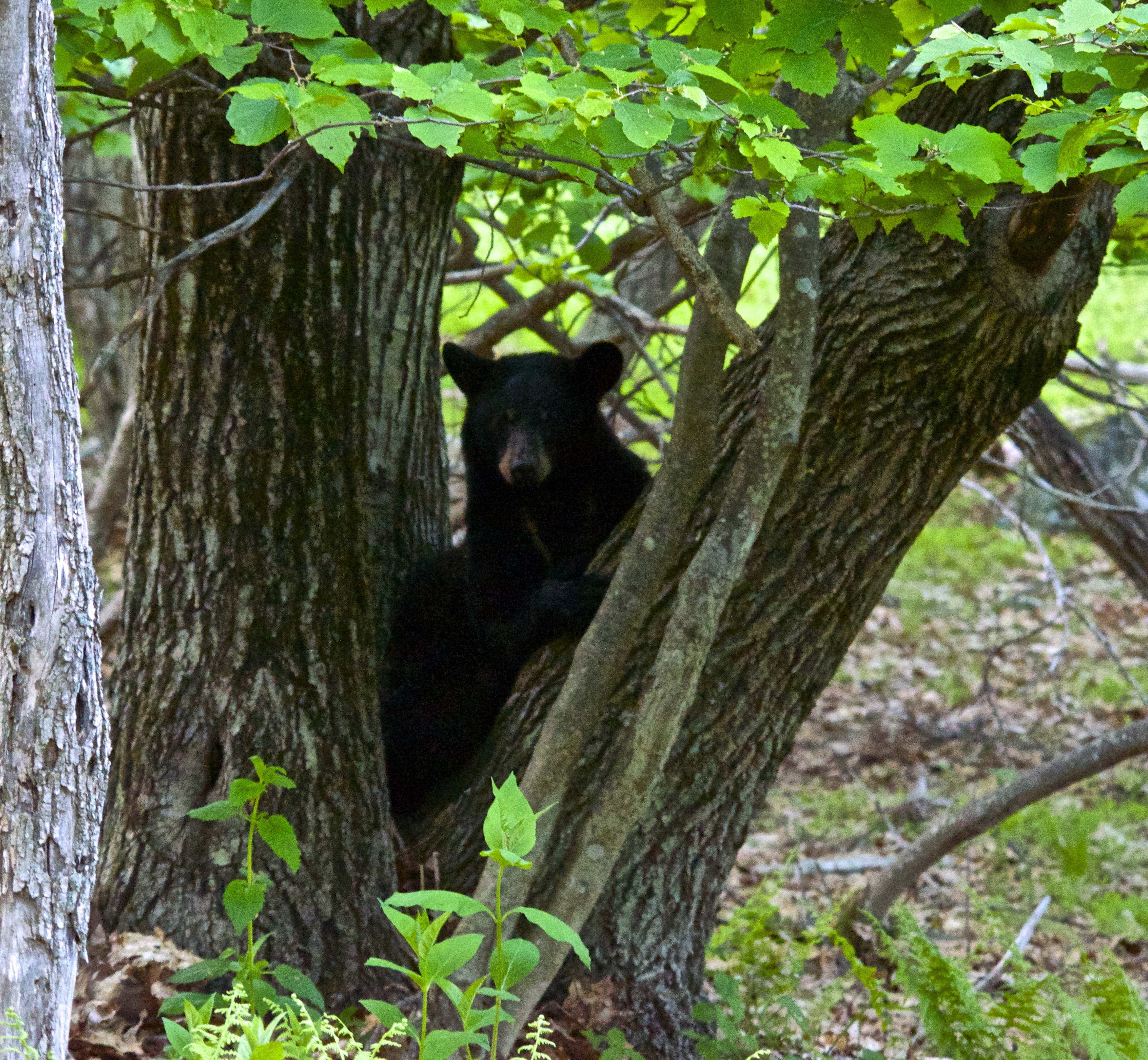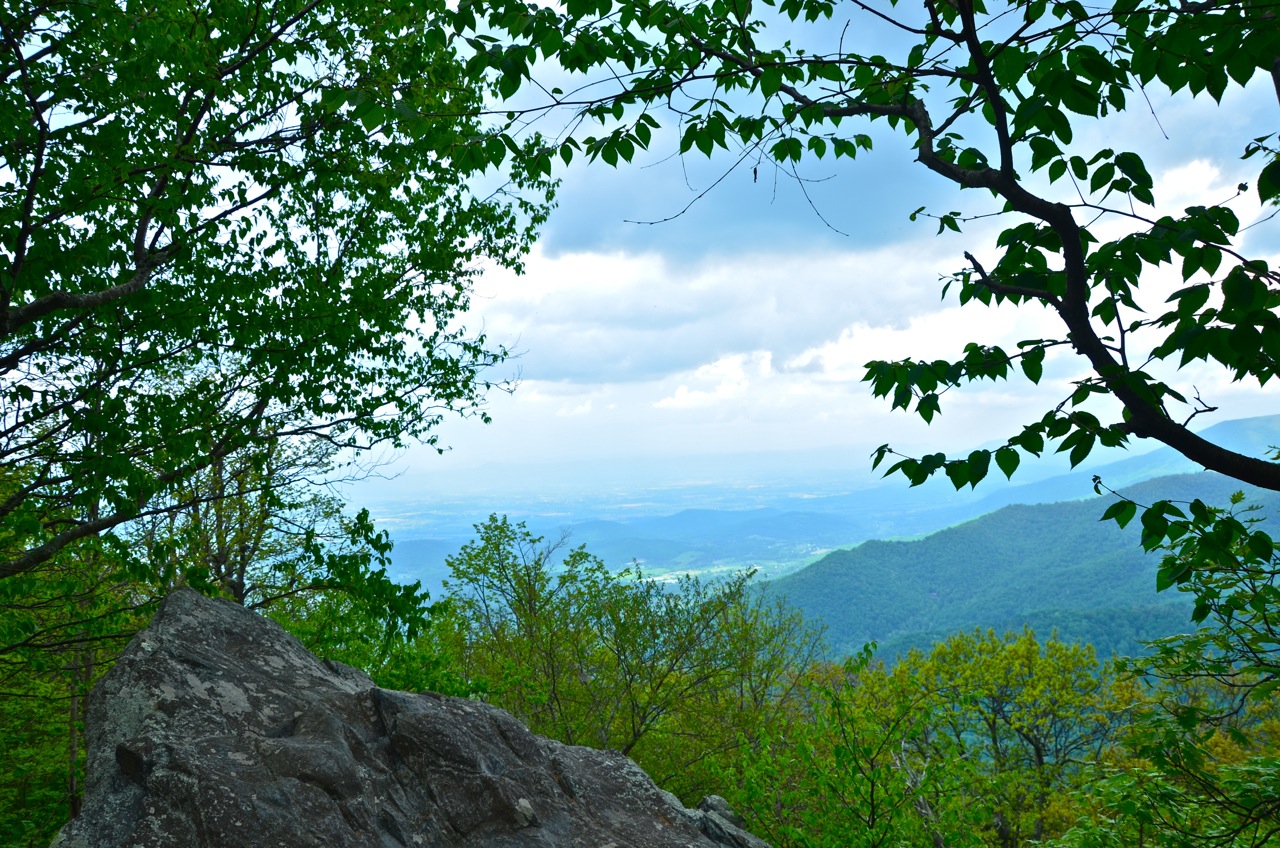By Glynn Wilson –
WASHINGTON, D.C. — While the world is focused on President Donald Trump’s latest crazy tweet, pulling U.S. troops out of Syria and allowing Russia and Turkey to release ISIS fighters and destroy the Kurds, U.S. allies, along with the impeachment investigation in the House, there are all kinds of under the radar activities being conducted in federal agencies with major Republican campaign donors influencing public policy in ways that are profitable for private enterprise, but bad for the general public.
Forget about the “Deep State.” Private for profit corporations are working on a plan to take over your public lands, starting with the national parks, what Ken Burns called “America’s best idea.” That is pristine land set aside for conservation reasons, future generations and public enjoyment, protected from destructive private development.
We tried to warn people about this before the election of 2016 in a series of articles and videos, including these examples.
The Problem of Over Commercialization and Privatization of the National Parks
But not enough people paid attention and fought hard enough, and one woman Democrat in Alabama even had the gall to call it a “conspiracy theory.” So much for the theory. The moment of truth is upon us, and only massive public resistance will stop it.
A reporter for Yahoo News just broke the story that a Trump administration advisory panel is recommending an ambitious plan to give private businesses greater access to national parks and other public lands, a plan that could spell the end of the National Park Ranger and iconic hat and make way for private businesses to run all the national park campgrounds, for profit, which would also result in an increase in camping fees and an elimination of the senior discount and other changes.
Derrick Crandall, president of the American Recreation Coalition, who is a major contributor to Trump’s campaign along with other Republicans, admitted writing the memorandum for the Department of the Interior’s Subcommittee on Recreation Enhancement Through Reorganization. This is something started by Trump’s first Secretary of the Interior, Ryan Zinke, who was ultimately forced to resign for egregious ethical violations
Crandall insists it is about to be adopted by the Department of the Interior as policy, although there is already some pushback on that.
In typical two-sided fashion, the Yahoo article says: “Drafters of the plan say it amounts to little more than a much-needed modernization of aging infrastructure, and that the goal is to make national parks accessible to a younger, more diverse audience. Critics, on the other hand, see corporate influence at work.”
It may begin as a pilot program “in park units with low levels of visitor services,” according to the article. “But eventually that program would be exported to other agencies within the Interior Department that manage public lands, including the Bureau of Land Management and the Fish and Wildlife Service,” as well as the U.S. Forest Service in the Department of Agriculture, which also manages some of the nicest little campgrounds around the country.
The 419 national parks across the country from the National Mall in Washington, D.C. to Yosemite in California are managed now by the National Park Service, part of the Department of the Interior, established in 1916 by President Woodrow Wilson. It is a highly popular thing in America, an idea which has spread around the world like democracy itself.
The National Park Service just celebrated its centennial in 2016 and garnered a massive amount of positive publicity, and the parks are still being featured regularly on popular television shows like CBS Sunday Morning.
After Zinke was ousted, Trump replaced him with David Bernhardt, a Republican operative and corporate lobbyist “who has made no secret of his desire to increase the presence of private enterprise in national parks.”
Much of the profit generated in the parks is already being made by private businesses, and thus leaving the parks without the money for maintenance. There is reportedly a $12 billion backlog in requests for maintenance with no money forthcoming from Congress to fix the problem. The Park Service calls these private contractors “concessionaires,” and the private contracts to manage lodges, restaurants, camp stores, gas stations, etc. are controlled by a few companies, including Delaware North, Aramark and Xanterra, all of which are known to make major contributions to Trump and other Republicans.
So the plan that has been rumbling under the radar and out of the news seems to be “rapidly taking shape, despite opposition from conservationists who say it amounts to nothing more than a corporate giveaway.”
One problem with the Yahoo story is that while it says the memo was posted to the internet, it does not provide a link. So I searched and found it here on the NPS website.
In a phone conversation with Yahoo News, Crandall confirmed that he was the “chief author” of the memo. He said it has been approved by the appropriate committee and will be endorsed by Bernhardt shortly.
Interior officials disputed that characterization, telling Yahoo News, “We have not received formal recommendations from the committee for the department’s consideration. We’ll review the report once we receive it and respond accordingly.”
A staffer at Interior headquarters in Washington said that Crandall’s memorandum was set to undergo additional review and revision, including public deliberation.
Crandall, who worked in the Republican administrations of Gerald Ford and Ronald Reagan, disputed Interior’s characterization of where the matter stood. He said that his memorandum had, in fact, been “unanimously approved” and will go to Bernhardt (this) week “in its current form.”
Crandall is associated with the American Recreation Coalition, which lobbies for private industry in public parks, and he is a member of the Made in America Outdoor Recreation Advisory Committee. Other members of the “industry-heavy committee” include Jeremy Jacobs of Delaware North, the nation’s most prominent concessions operator in national parks, a company that got its start in Arkansas as a Mob-controlled dog track operator. It got ts first National Park contract in Yosemite in the last month George H.W. Bush was president in 1991, after catering inauguration parties for Reagan and Bush and making major campaign contributions to the Republicans
It also includes Bruce Fears of Aramark Leisure, another major operator which was kicked out of Shenandoah in Virginia for hiring illegal immigrants who could not speak English, among other things. It also includes Jim Rogers, who until 2015 was the head of Kampgrounds of America, the nation’s largest private campground operator.
Have you ever priced staying in a KOA campground? They are expensive, and most are just RV parking lots anyway.
Crandall forcefully disputed suggestions of a “corporate giveaway” while expressing an admiration for public lands, according to Yahoo.
“It is not privatization,” he said of his plan. He said that the “idea of cooperation” between the federal government and private enterprise has been integral to the national parks since their founding a century ago. True enough, but according to the Ken Burns documentary on the National Parks, the federal government and state governments had to run off a number of private profiteers to create the parks in the first place.
Crandall’s memorandum specifically focuses on national park campgrounds, 130 of them, which as it happens are in most cases the only part of the national parks still run by park rangers. The Ranger Division of the Park Service still runs the campgrounds in Shenandoah, some of the campgrounds in Yellowstone, the Grand Canyon and other parks, including Greenbelt National Park, the largest campground near Washington, D.C. where visitors can camp for $20 a night and see the sights in the nation’s capital. It is an oasis in a big forest where people without significant means can still come see the monuments and free Smithsonian museums without having to fork over $300 a night for a hotel room.
Explore Washington, D.C. from Greenbelt National Park’s Campground
Before he was forced out, Zinke had said in 2017 that he did not “want to be in the business of running campgrounds.” But if that is the case, what role would be left for the National Park Service and its rangers? They do staff visitor centers and interpretive rangers conduct educational programs in many parks. But this ill-conceived privatization plan would significantly reduce the role of park rangers in the national parks and make them nothing more than private enterprises, complete with oil and gas drilling wells, uranium mines and all manner of destructive activities that would most assuredly violate the original purpose and charter of setting these special places aside in the first instance.
Crandall openly suggests changes that would greatly expand the footprint of private enterprises like KOA and Delaware North within the national park system, and admits that leases and agreements signed while Trump is in office, would be difficult — if not impossible — for a subsequent Democratic administration to nullify, “meaning privatization would become a permanent feature of parks like Yellowstone or Shenandoah,” according to the Yahoo report.
I’ve got news for this reporter, who may have never visited a national park. As we have found out in investigating the parks over the past five years, privatization is already a permanent feature of the parks. There are some critics, including me, who say it is already too much and should be curtailed.
In fact, Delaware North is already suing the federal government for canceling its contract in Yosemite, for $50 million and claiming that it owns all the names of the iconic places as its intellectual property.
Delaware North Loses Contract in Yosemite National Park
Crandall’s memo points out that some parks lack places to shop and wireless internet service, which is true, but those things could easily be remedied if the Park Service management itself were not so reluctant to provide more services, in some cases simple things like firewood and ice. The philosophy is that people go camping to get away from it all, which is true, but many also go to escape cities, not cell phone service, which would be sufficient in most cases to allow visitors and campers to stay in touch with family and work colleagues while visiting natural settings. Allowing a cell phone tower near campgrounds would be sufficient, and would provide revenue for maintenance to the Park Service, although some may object to a cell tower in public view.
Crandall’s memo also recommends raising prices even more, and ending senior discounts at peak times of the year, which would make it harder for retired people living on fixed incomes to visit the parks, and in many cases they are the mainstay of park visitors. If they are run off to state parks, county parks and even private campgrounds, it could actually hurt the steady revenue stream they provide for the NPS. Many also volunteer in the parks, as campground hosts, trail crews, and even help rid the parks of invasive species. In the absence of volunteers, will the private companies pay people minimum wage to pull up garlic mustard and other invasive plants? Doubtful.
The memo recommends giving concessions operators free housing in the public parks, which is already the case in some parks, although the private companies in some cases pay back the Park Service for part of this.
“Conservationists were aghast at the plan, which has not been finalized but does appear to be moving briskly toward implementation,” according to Yahoo.
“David Bernhardt and President Trump won’t quit until the American people are left totally empty-handed and private special interests own our outdoor heritage,” said Jayson O’Neill, the deputy director of the Western Values Project, a conservation group that has been a frequent critic of the current administration.
“Privatizing America’s public campgrounds,” O’Neill continued, “and jacking up national park fees to appease private concessionaires and powerful corporate campaign donors is just the administration’s latest egregious attempt to rip public lands out of public hands.”
This article is still under development, and we are talking to other sources for more information about this and seeking more comments. It will be updated to reflect those comments and what we learn.
Related Articles
It turns out that Delaware North, owned by the Jacobs family, is also involved in helping Trump implement his drastic anti-immigration policies.
Delaware North and Trump’s deportation machine
For background on Zinke’s committee, which was not disbanded when he left, see this article in a paper in San Francisco.
More Photos


